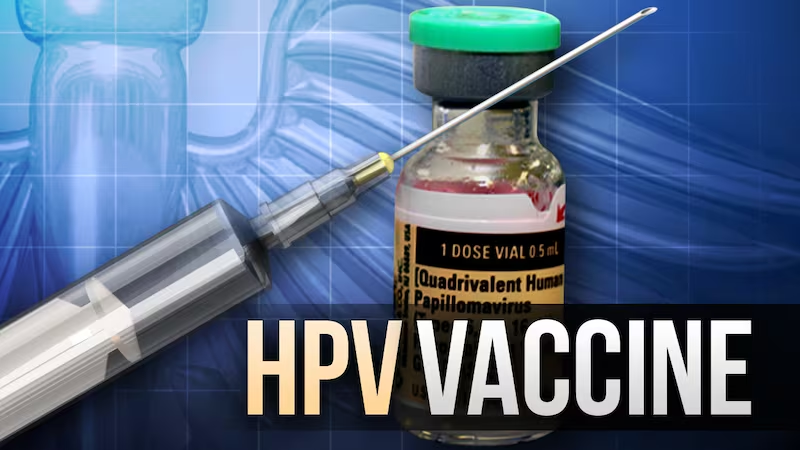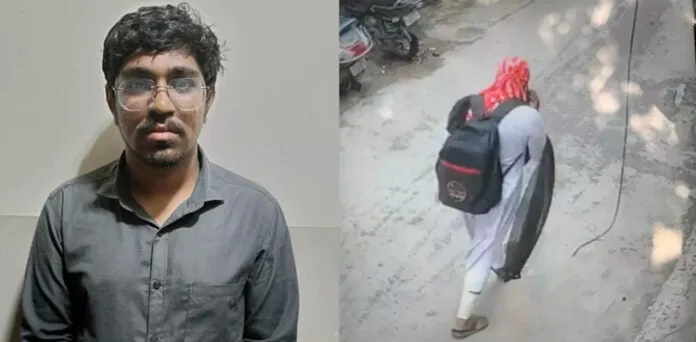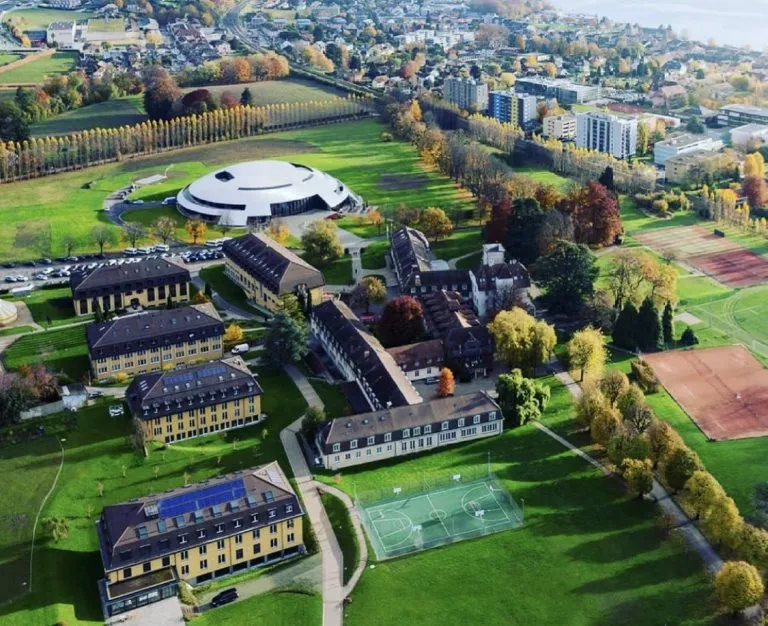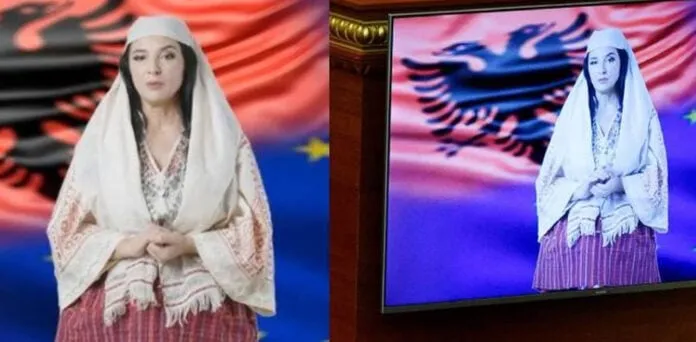HPV Vaccine for Girls: Should Parents Allow Cancer Prevention Shots in Pakistan?
Pakistan’s Ministry of Health launched a nationwide HPV vaccination campaign targeting girls aged 9-14 years. The initiative aims to protect 13 million girls from cervical cancer, making Pakistan the 150th country to introduce this life-saving vaccine. Health officials visit schools across the country to administer the preventive shots.
Strong Parent Resistance Emerges
Many parents refuse to allow their daughters to receive the HPV vaccine despite official recommendations:
- Parents inform school administrators not to vaccinate their children without consent
- In Rawalpindi district alone, 4,824 parents refused vaccination on the first day
- Private school associations have categorically blocked student inoculations
- COVID vaccine concerns influence parent decisions about new vaccination programs
Health Experts Support Vaccination Benefits
Medical professionals strongly advocate for HPV vaccination based on scientific evidence:
- Pakistan reports 5,000 new cervical cancer cases annually with nearly 3,000 deaths
- Currently 8 women die from cervical cancer every day in Pakistan
- 148 countries including Islamic nations successfully use this vaccine without major issues
- Health ministry circular highlights significant cancer prevention advantages for future women’s health
Community Leaders Show Mixed Response
Local community representatives express varied opinions about the vaccination program:
- Majority of area dignitaries support vaccine administration for girls
- Some leaders actively encourage other families to participate in vaccination drive
- Religious and cultural concerns influence community acceptance rates
- Education campaigns needed to address misconceptions about vaccine safety
Global Success Stories Provide Evidence
International experience demonstrates HPV vaccine effectiveness and safety:
- Prediction models show 133,000 cervical cancer cases could be prevented over next decade with 90% vaccination coverage
- WHO prequalifies vaccine as safe and effective for preventing cervical cancer
- Health officials emphasize false propaganda spreads without basis in reality
- Gavi and UNICEF support Pakistan’s vaccination initiative with technical expertise
Addressing Parent Concerns and Misinformation
Health authorities work to counter vaccination hesitancy through education:
- Current vaccination rate remains extremely low at only 3.1% nationally
- Public awareness campaigns highlight vaccine safety and cancer prevention benefits
- Healthcare workers receive specialized training to address family concerns professionally
- Government emphasizes voluntary participation while promoting health benefits for girls
Impact on Future Women’s Health
The vaccination campaign represents crucial investment in preventing women’s cancer deaths:
- Without vaccination, cervical cancer burden will increase 3-fold over next 7 decades
- Early intervention during adolescence provides maximum protection against cancer development
- Economic benefits include reduced healthcare costs for cancer treatment nationwide
- Program success depends on overcoming cultural barriers and building community trust







